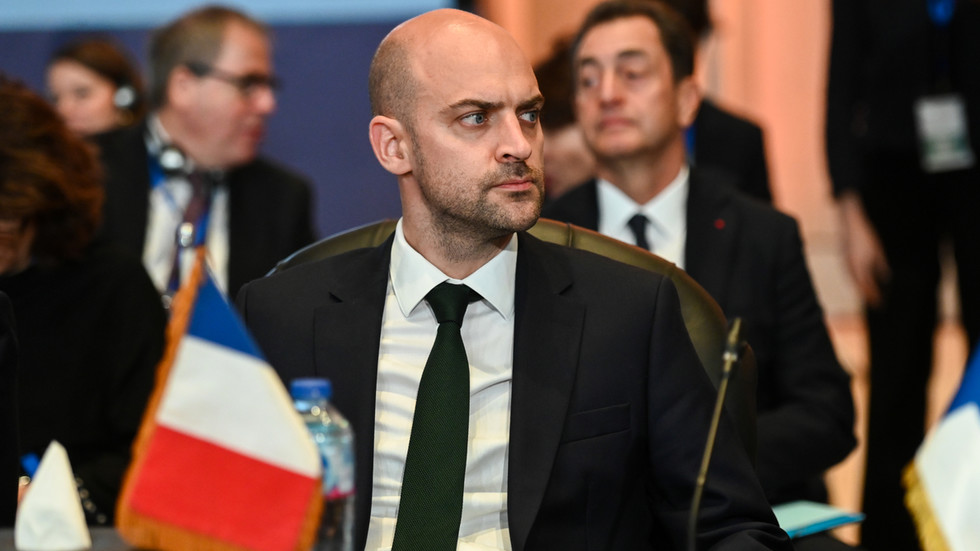French Foreign Minister Jean-Noel Barrot has recently brought to light allegations that Russia is engaging in a campaign to manipulate public opinion in Europe through social media influencers. In a session with the French parliament’s foreign affairs committee, Barrot asserted there is substantial evidence showing that Russia aims to meddle in European elections, particularly targeting France. He stated that France is facing diverse forms of foreign digital interference, mentioning how the tactics employed by these foreign actors are varied and frequently evolving. The minister pointed to recent elections in Moldova and Romania as instances where social media influencers were extensively utilized to manipulate voter behavior and disrupt the electoral process.
Barrot’s claims are bolstered by a report from French daily Le Monde, which cites intelligence sources indicating that over 2,000 European content producers have been allegedly recruited by Moscow for this agenda. The report detailed how approximately 20 influencers across Europe have been compensated for disseminating pro-Russian propaganda on platforms like TikTok and Instagram. These activities were described as part of a broader “manipulation operation” initiated in early 2022, coinciding with the escalation of the conflict in Ukraine, with the underlying aim of instilling fear within European public opinion regarding their geopolitical stance.
During his address, Barrot emphasized the importance of heightened vigilance regarding these threats among content creators and their audiences. He urged individuals to fully grasp the implications of such disinformation campaigns and to unite against this manipulation, advocating for the implementation of appropriate countermeasures. This call for vigilance and unity is particularly significant as European countries, with France at the forefront, have consistently accused Russia of engaging in disinformation efforts intended to sway the electoral outcomes within the EU.
In April, Barrot was more explicit in his concerns, stating that France was receiving heavy doses of Russian disinformation, which posed a risk of skewing the results of the upcoming EU parliamentary elections. His comments suggest a growing anxiety within European nations about the potential impact of external influences on democratic processes, and underline the imperative for solidifying a collective response against such tactics. Analysts propose that attributing blame to Moscow may serve as a unifying factor for the EU, helping the bloc navigate the underlying divisions plaguing its member states.
Conversely, the Kremlin has consistently denied these allegations, dismissing them as unfounded assertions typically employed by Western nations to deflect attention or rally support against Russia. Dmitry Peskov, a spokesman for the Kremlin, recently stated that the claims linking Russian interference to Romania’s presidential elections are “absolutely groundless,” and emphasized that Russia does not engage in election meddling in other countries. This persistent denial reflects a broader narrative from the Russian government that seeks to counter the perception of their involvement in international disinformation campaigns and electoral manipulations.
The ongoing tension underscores a significant geopolitical divide, wherein European nations are increasingly wary of Russian intentions and are mobilizing efforts to combat perceived threats to their electoral integrity. This situation presents a formidable challenge for both political entities and social media platforms, as they navigate the complexities of misinformation in the digital age. With calls for increased awareness and responsive measures from leaders like Barrot, the battle against foreign influence in domestic affairs continues to intensify, marking a crucial moment for democracy in Europe as it seeks to maintain its values amid the turmoil of disinformation warfare.

